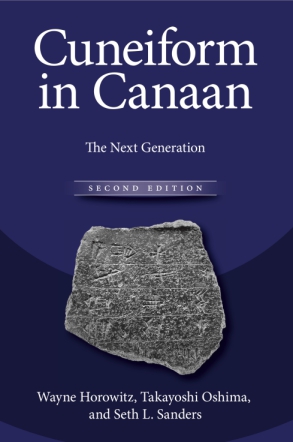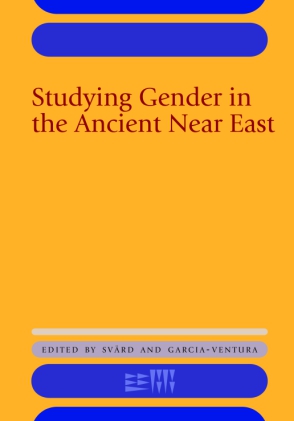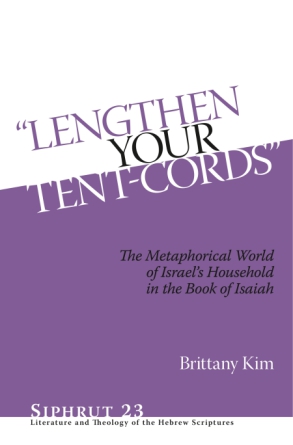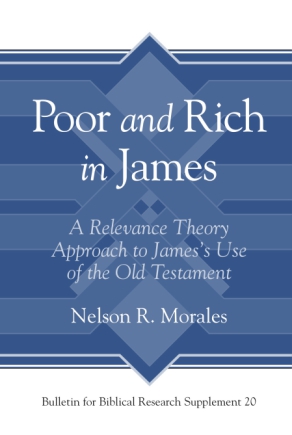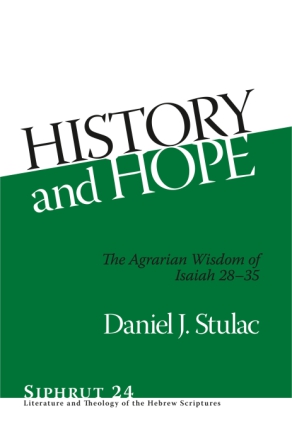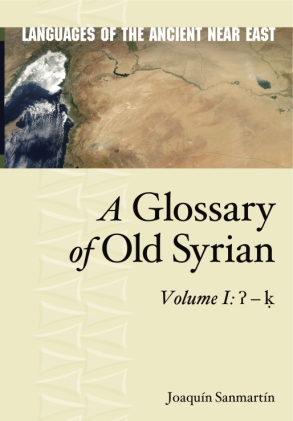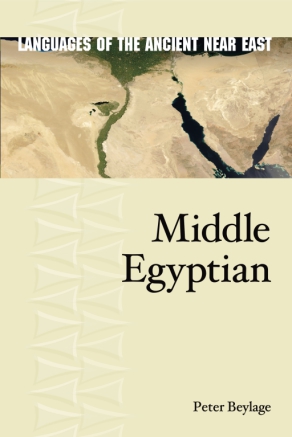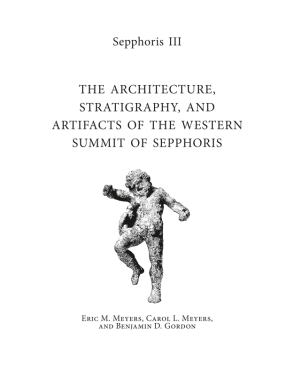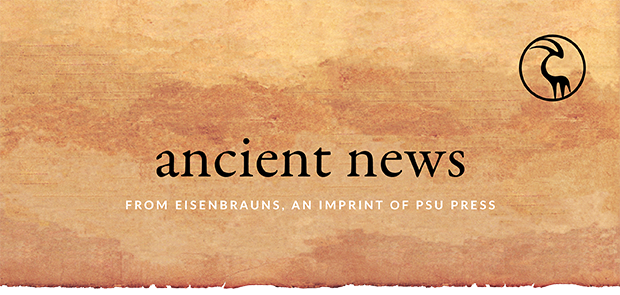
in this issue
general news
Welcome to the July issue of Ancient News. As summer heats up, we have great selection of new releases and forthcoming titles that you should add to your reading list. Sign up for email notices and receive a 30% discount coupon when the books are released.
Jim is making the European conference circuit, first Innsbruck, then Helsinki. Be sure to stop by and say hi to Jim while you browse books from Eisenbrauns, Neo-Assyrian Text Corpus Project, and CDL. Of course, we’ll have 30–40% off on all the books.
The Awards & Reviews section features a podcast and a screenshot that, well, you really have to see it. Rounding out this month’s Ancient News are two new PSU Press books that you might find interesting.
Enjoy!
James
new & noteworthy
forthcoming eisenbrauns books
upcoming exhibits & events
7/16–20
Helsinki, Finland
7/30–8/3
Helsinki, Finland
7/30–8/3
awards & reviews
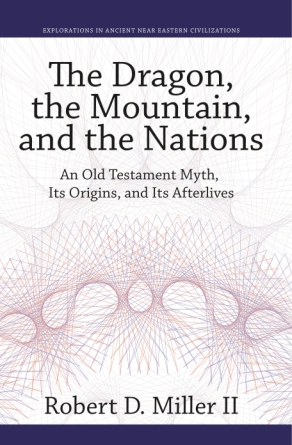
The Dragon, the Mountain, and the Nations
An Old Testament Myth, Its Origins, and Its Afterlives
Michael Morales, of the New Books Network, interviews Robert D. Miller II about his Eisenbrauns title The Dragon, the Mountain, and the Nations as he chronicles the trajectories and transformations of the dragon-slaying myth, and brings out the major role of dragon slaying in both the Hebrew Bible and the New Testament. Listen to the podcast interview.

Child Sacrifice in Ancient Israel
We should probably title this a public service announcement. One of our customers forwarded us this screenshot of the Amazon page for Heath Dewrell’s Child Sacrifice in Ancient Israel. In case the graphic is too small for you to read (and you don't want to click on it for a bigger version), it recommends this title as appropriate for a baby registry. For the record: Neither Eisenbrauns nor PSU Press endorse this item as appropriate as a baby gift—unless you want your child to grow up to be a biblical studies scholar! At press time, the page still showed the baby registry option.
new from psu press

Textuality and Knowledge
Essays
Peter Shillingsburg
Through thirteen essays, Shillingsburg argues that literary study depends on documents, the preservation of works, and textual replication, and he traces how this proposition affects understanding. He explains the consequences of textual knowledge (and ignorance) in teaching, reading, and research—and in the . . . (more)
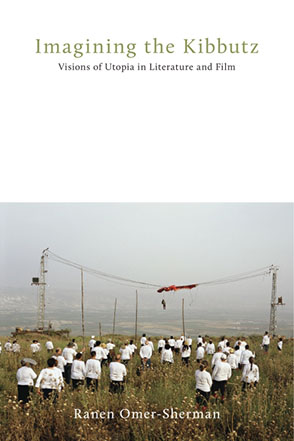
Imagining the Kibbutz
Visions of Utopia in Literature and Film
Ranen Omer-Sherman
In Imagining the Kibbutz, Ranen Omer-Sherman explores the literary and cinematic representations of the socialist experiment that became history’s most successfully sustained communal enterprise. Inspired in part by the kibbutz movement’s recent commemoration of its centennial, this study responds to a significant gap in. . . (more)
| To Unsubscribe reply with "Unsubscribe" in the subject or body. |
